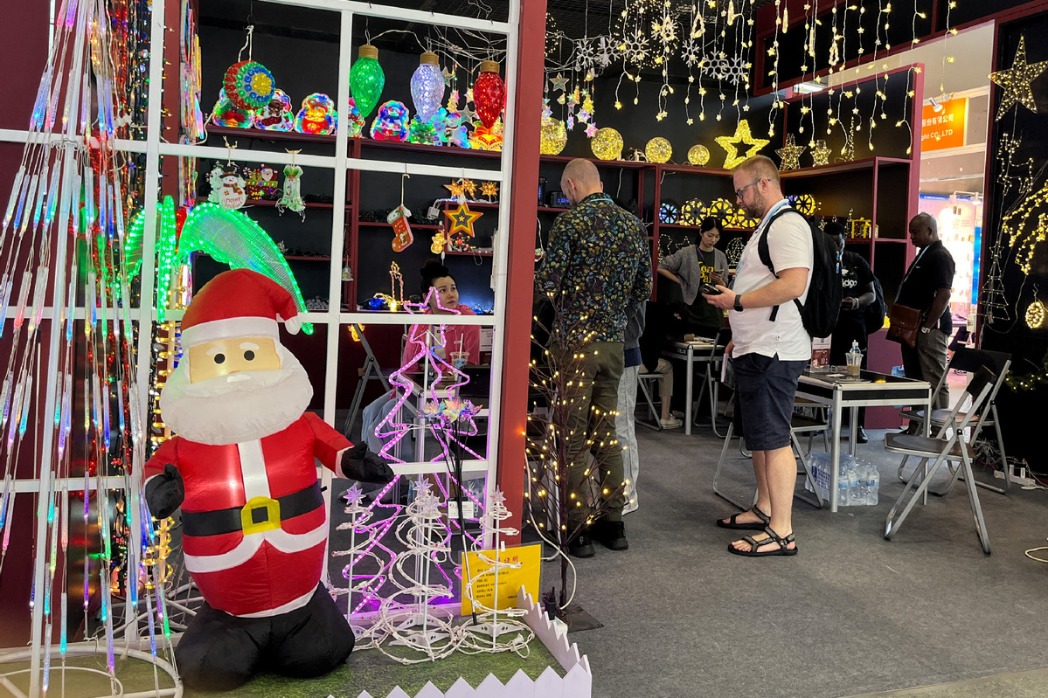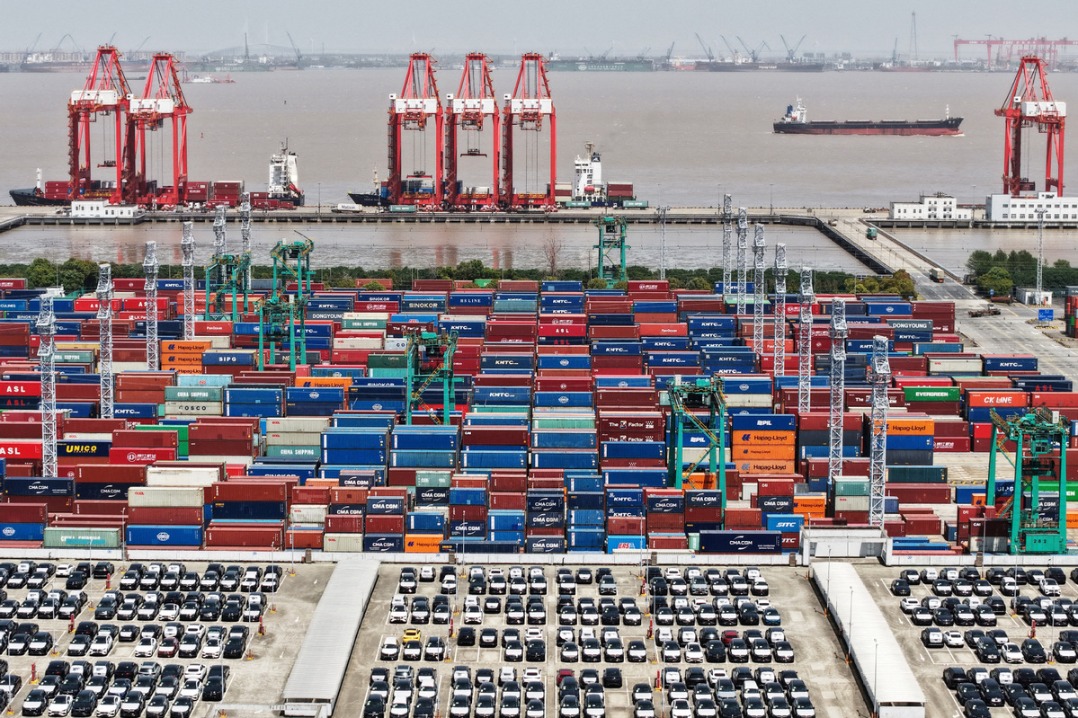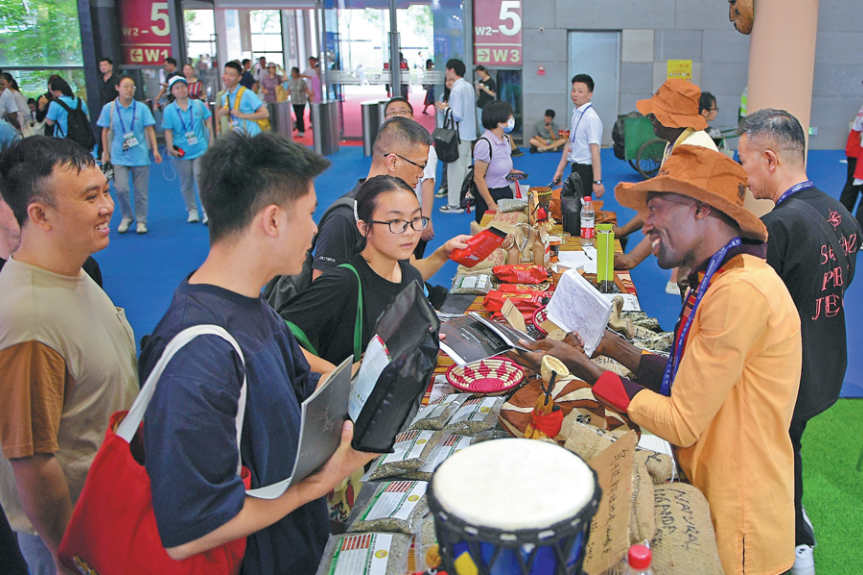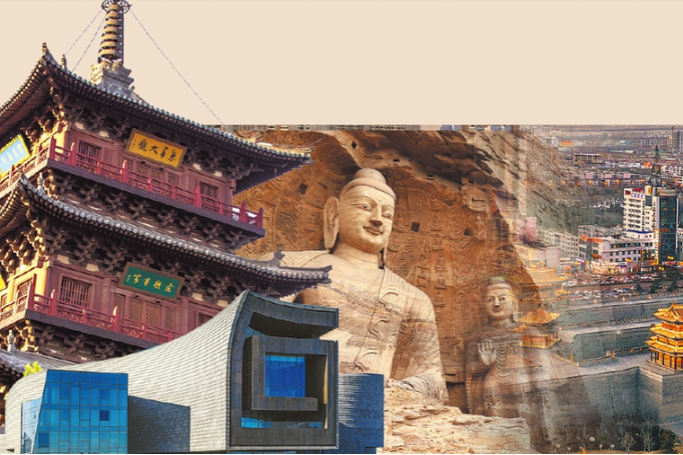Innovation urged over US-China tensions

Entrepreneurs, venture capitalists and technology experts from Silicon Valley and China voiced concerns over the tensions between the United States and China and called for more collaboration between the world's two largest economies.
"The year of 2018 marks a turning point in US-China collaboration in technology and business," said David Chen, chairman of Hua Yuan Science and Technology Association (HYSTA), on Saturday at a conference.
While global markets continue to grow tightly interconnected, players at all levels of innovation are faced with new challenges, he said.
Titled "The Crossroads of Innovation and Globalization", the conference was hosted by HYSTA in Palo Alto, California. Established and emerging industry leaders got together to seek strategies for well-protected technology advancement and business expansion in a collaborative global environment.
Through keynote speeches and panel discussions, the conference explored technology breakthroughs, entrepreneurial opportunities, investment strategies and management solutions from a cross-border perspective.
"The cross-border partnerships between the US and China will help innovation drivers propel business expansion, increase industry influence and benefit from the building of a multicultural community," Chen told the conference.
However, the two "great nations are at loggerheads", said Ken Wilcox, former CEO of Silicon Valley Bank and chairman of Asia Society Northern California.
The White House's "trade war", significantly increasing the tariffs against Chinese goods, along with many other actions of the Trump administration, is escalating tensions between the two countries, said Wilcox.
"China has many advantages. In general, I think China works very hard. Innovation in China enjoys significant government support. China has a very large population, which is a benefit. It also has very experienced and strong leadership," said Wilcox.
Meanwhile in the past 20 years, the US has retracted from the world stage, he told the conference.
Hans Tung, managing partner of GGV Capital, asked the conference attendees to think about how to stay relevant and be more globalized in the next 20 years.
He said he went to Washington, DC, just to see for himself what think tanks there think about China and where their "strong dislike" of Silicon Valley came from.
"The more time you spend on the East Coast, the more you see people don't like technology," he said. The opposite of what he saw on the East Coast, Tung said he received a lot of calls from founders in Latin America, Southeast Asia and India.
"They come to us, see our portfolio, look at each item and figure out what's good for their home markets," he said.
"We should do the same — not just stay in the Bay Area, travel more and meet more people, share more knowledge," he said.
Contact the writer at liazhu@chinadailyusa.com

































